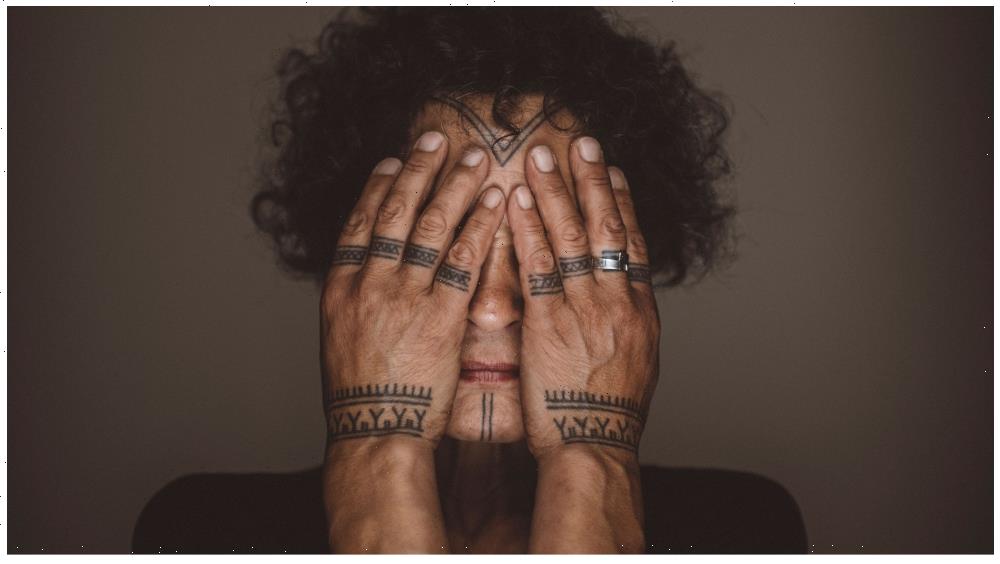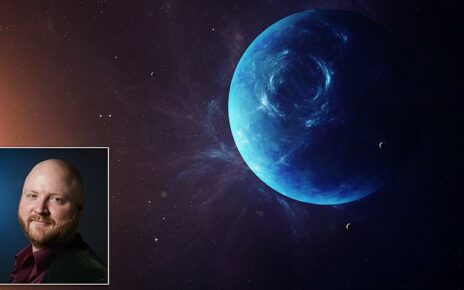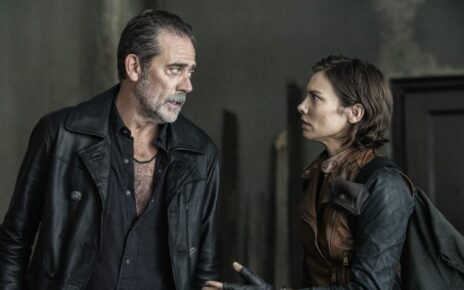In 2015, Danish filmmaker Lin Alluna invited Aaju Peter out for a cup of coffee. Alluna didn’t know Peter but was “immediately captivated” by the Greenlandic Inuit lawyer and activist. “I was honored that she took time to meet with me, and those first hours I spent with Aaju were life-changing,” says Alluna. “She revealed hidden truths about myself and the history of my country that I knew I had to find a way to share.”
So, in 2017, Alluna began filming Peter as she fought to defend the human rights of Indigenous peoples of the Arctic and also bring her colonizers in both Canada and Denmark to justice. The result is “Twice Colonized,” a documentary about Peter’s fight for justice, her efforts to establish an Indigenous forum at the European Union and mend her own personal wounds.
Eight years after that cup of coffee, Alluna’s “Twice Colonized” is opening Copenhagen’s CPH:DOX. The 92-minute docu, which made its world premiere at the Sundance Film Festival in January, will play in CPH:DOX’s competition section, Next:Wave.
Alluna spoke with Variety about what motivated her to make “Twice Colonized,” her goals for the docu, and how Aaju helped shape the film.
Will Aaju be at the CPH:DOX premiere?
Yes. She says it’s the first time in her life that she’s looking forward to coming to Denmark.
During that cup of coffee you shared with Aaju in 2015 what did she say that made you want to make a doc?
That very first meeting was just an eye-opener for me in terms of the colonization of the Inuit in Greenland, how it was done and the systemic tools that were used. Realizing that the narrative that I was brought up with and the history that I learned in school was not true was shocking. As a Dane, I felt a responsibility to use my opportunity with this film to expose chapters of Denmark’s colonial history and portray some of the present day effects of colonization in both Europe and Canada – not only to my own countrymen, but to the world.
The docu is very personal but doesn’t always identify or explain who Aaju is interacting with or why. Was that a decision made in the edit room?
We knew from the beginning that we wanted it to be a personal film, and we wanted it to have this poetic layer. So, I didn’t want to explain everything because I felt like it took the audience out of the emotional journey, and for me, her emotional journey is the center of the film. So that’s what I wanted to keep in focus. But we were really debating whether or not to have (cards) explaining who the different people are that she meets. But when we tried it out, we felt like it created this unnatural hierarchy. At one point, we had one cut where everything was explained, and I just felt so bored. So, I took that all out because you have to be curious and wonder, and just be on her journey. It’s okay that you don’t understand everything as long as you feel it. That was our primary goal.
Aaju is so strong and determined, but in the doc her vulnerabilities are exposed. What was it like to shoot those intimate scenes with Aaju?
In the beginning of our relationship, I was shy, and there were situations where I felt like I couldn’t film. But she would tell me, ‘Pick up that camera. You have to film this because this is my life, and you can’t just film the successes. You have to film what I’m dealing with behind the scenes. The effects of colonization – that is my life.’ So, I wouldn’t have filmed all of that if she had been so insistent.
In addition to being the film’s protagonist, Aaju wrote, and executive produced this doc. How did her various roles show up when filming?
We would have discussions about what and when, and why to shoot. During the shoots, she would tell us if a scene felt right or wrong to her. We would develop ideas together about how to shoot a particular scene.
And how did the edit go?
When we had our first rough cut, she watched it, and from then on, she saw all the cuts and came with notes on scenes that she didn’t want in or scenes that she did want in. We did some extra shoots that she felt were missing from the film and added them. So (the film) was adjusted throughout with her notes and what felt right to her.
What do you want audiences to take away from this film?
No matter who you are, where you come from and what you’ve been through you can lead the way for future generations to thrive. You don’t have to be perfect to make a difference. Your story is your power.
Read More About:
Source: Read Full Article


